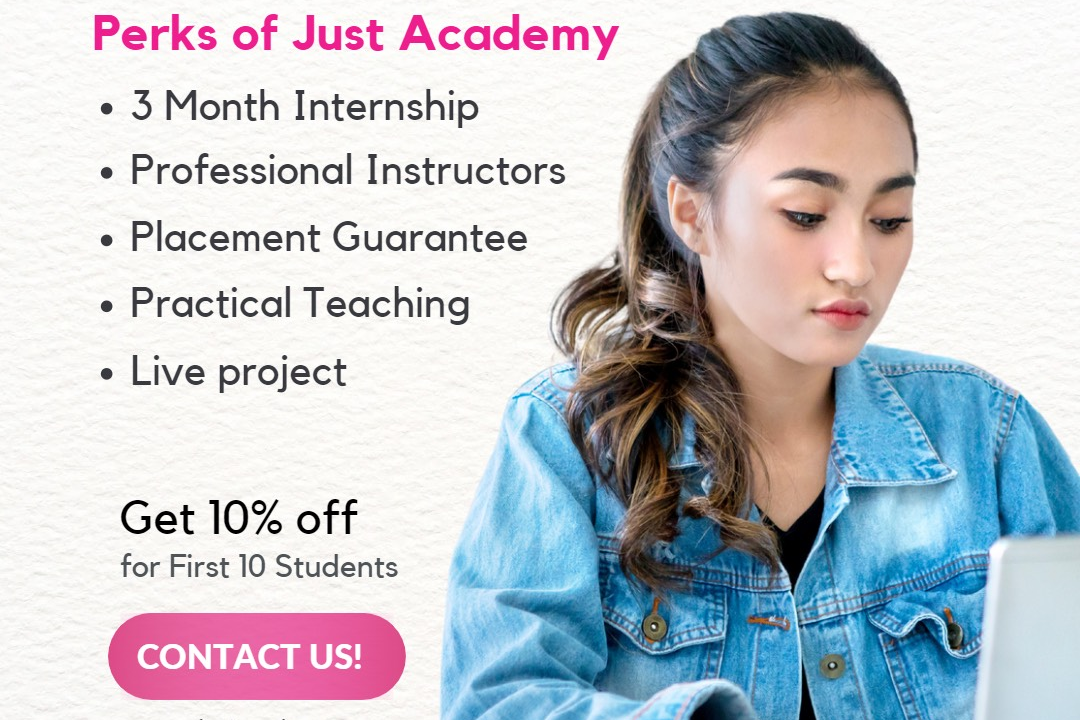java full stack developer course free
Free Comprehensive Java Full Stack Developer Course
java full stack developer course free
A Java Full Stack Developer Course Free typically covers the essential skills needed to develop both the front-end and back-end components of web applications using Java technologies. The curriculum often includes topics such as HTML, CSS, JavaScript, Java, Spring Framework, Hibernate, RESTful APIs, and databases like MySQL or MongoDB. Alongside programming languages, the course may introduce popular frameworks and tools like Angular or React for front-end development, as well as Git for version control. By offering hands-on projects and real-world scenarios, such courses aim to equip learners with practical experience and a comprehensive understanding of full stack development, enabling them to build robust web applications from scratch. These courses are often available through online platforms, making them accessible to a wide audience eager to kickstart their careers in tech without any financial investment.
To Download Our Brochure: https://www.justacademy.co/download-brochure-for-free
Message us for more information: +91 9987184296
1 - Introduction to Full Stack Development: Overview of what full stack development entails, including an explanation of both front end and back end technologies.
2) Java Fundamentals: A review of core Java concepts such as syntax, data types, control structures, and object oriented programming principles, which are essential for any Java developer.
3) Web Development Basics: Understanding the fundamentals of web development, including HTTP protocols, client server architecture, and the role of web browsers.
4) HTML5 & CSS3: Introduction to HTML5 for structuring web pages and CSS3 for styling them, covering responsive design principles and frameworks like Bootstrap.
5) JavaScript Essentials: Learning the basics of JavaScript, the programming language that enhances user interactivity in websites, with an introduction to ES6 features and DOM manipulation.
6) Frontend Libraries and Frameworks: Exploring popular libraries like React or Angular for creating dynamic user interfaces, including state management concepts.
7) Introduction to Databases: Overview of relational databases (like MySQL) and NoSQL databases (like MongoDB), including CRUD operations and fundamental database design principles.
8) Spring Framework: A deep dive into the Spring Framework, covering Spring Boot for building web applications and RESTful APIs, emphasizing dependency injection and configuration.
9) RESTful Web Services: Understanding REST architecture and creating RESTful services with Spring, including how to design endpoints and handle requests/responses.
10) Version Control Systems: Introduction to Git and GitHub for version control, covering how to manage code, collaborate with others, and maintain project history.
11) Development Tools and IDEs: Familiarizing students with integrated development environments (IDEs) like IntelliJ IDEA or Eclipse, and other tools that streamline development.
12) Testing and Debugging: Introduction to software testing principles and tools in Java, including unit testing with JUnit and debugging practices for back end and front end code.
13) Deployment and Hosting: Basic concepts of deploying Java applications on servers, using platforms like Heroku or AWS, and understanding continuous integration/continuous deployment (CI/CD).
14) Project Based Learning: Hands on experience through guided projects that allow students to apply what they’ve learned, culminating in a capstone project to showcase their skills.
15) Soft Skills and Career Guidance: Training on essential soft skills like teamwork, communication, and problem solving, along with resume writing, interview preparation, and job search strategies.
16) Community and Support: Creating a supportive learning environment through online forums, study groups, and mentorship programs, enhancing peer learning and collaboration.
17) Access to Resources: Providing students with access to free online resources, documentation, and tutorials that will support their ongoing learning beyond the course.
18) Certification of Completion: Offering a certificate upon successful completion of the course, which can help students in their job applications and interviews.
This structured approach covers essential topics that equip students with the necessary skills to become proficient Java Full Stack Developers.
Browse our course links : https://www.justacademy.co/all-courses
To Join our FREE DEMO Session: Click Here
Contact Us for more info:
FLUTTER ONLINE
Flutter Training in Purnia
Java Training with Placement 2024
allintitle android app development course bhopal
Cheapest online iOS training institute in Dubai











